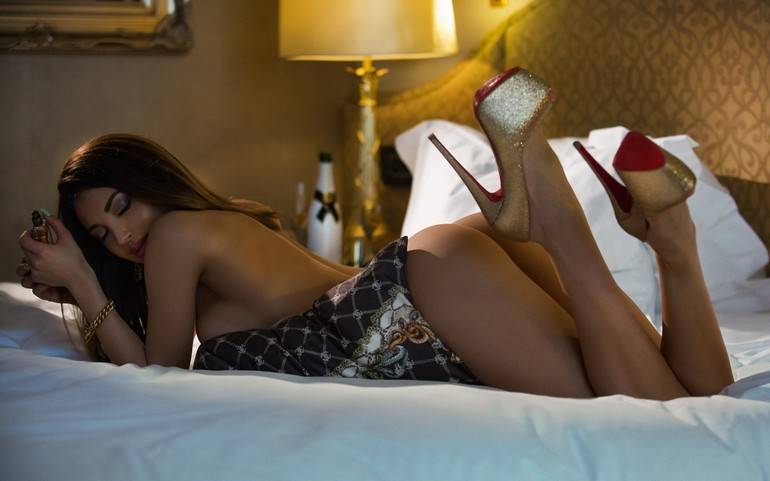
WEIGHT: 56 kg
Breast: 2
1 HOUR:200$
Overnight: +80$
Sex services: Foot Worship, Cunnilingus, Cum on breast, Cum in mouth, Massage professional
The United States military, the scholars say, became involved in attempts to regulate the trade in so-called camp towns surrounding the bases because of worries about sexually transmitted diseases. In one of the most incendiary claims, some women say that the American military police and South Korean officials regularly raided clubs from the s through the s looking for women who were thought to be spreading the diseases.
They picked out the women using the number tags the women say the brothels forced them to wear so the soldiers could more easily identify their sex partners. The Korean police would then detain the prostitutes who were thought to be ill, the women said, locking them up under guard in so-called monkey houses, where the windows had bars. There, the prostitutes were forced to take medications until they were well.

The women, who are seeking compensation and an apology, have compared themselves to the so-called comfort women who have won widespread public sympathy for being forced into prostitution by the Japanese during World War II. Whether prostitutes by choice, need or coercion, the women say, they were all victims of government policies.
The New York Times interviewed eight women who worked in brothels near American bases, and it reviewed South Korean and American documents. The women maintain that the practices occurred over decades. It has been clear for decades that South Korea and the United States military tolerated prostitution near bases, even though selling sex is illegal in South Korea. But the women say few of their fellow citizens know how deeply their government was involved in the trade in the camp towns.

The women received some support for their claims in , from a former government official. Transcripts of parliamentary hearings also suggest that at least some South Korean leaders viewed prostitution as something of a necessity.


































